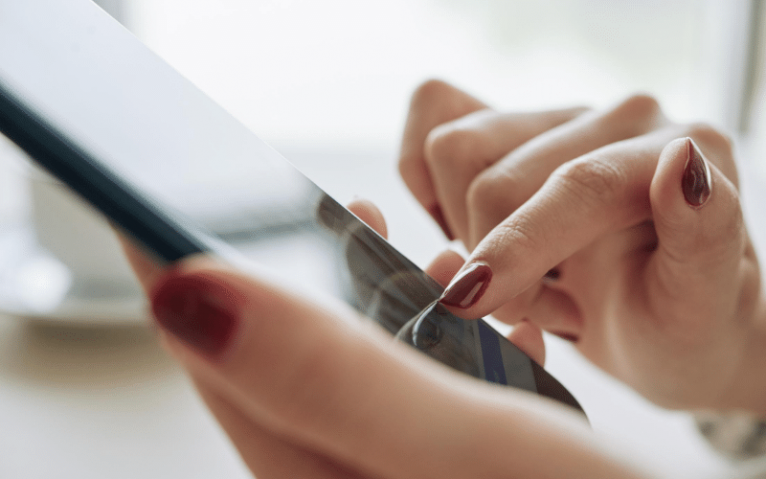The stakes for addicts’ lives have never been higher as the heroin epidemic continues to rage across our country. Overdose deaths are up in just about every state, county, and city. Most people know someone who has been affected, is recovering from heroin or is still trapped in addiction.
During the COVID-19 pandemic, support groups could no longer meet face to face, and even addiction specialists began using Telehealth. More so than years before, desperate times call for creative solutions. Today, we’ll look at the best apps for addiction recovery and what these can do to help.
Best Addiction Recovery Apps to Try Today
There are countless smartphone apps available that can help users recover from any number of addictions.
1. Sober Grid
Like Facebook, this app is designed to help you connect to others worldwide. Unlike Facebook, the focus is on sobriety. App users can check in with one another and get suggestions on simple, easy things to improve their mood and support their recovery journey. People can also make daily pledges, track sober days, and more.
2. AA Big Book
This is a free version of the Alcoholics Anonymous Big Book for anyone struggling with alcohol addiction. It also gives you access to a 12-step directory if you need to find a meeting near you. The app also features a sobriety calculator to enter your sobriety date and keep track of your progress. It also provides access to AA speakers twenty-four hours a day.
3. Second Chance
Like some fitness apps, this app tracks breathing, heart rate, and other vitals- but for opiate users. If the app senses signs of overdose (like stopped breathing), it will notify emergency services. Right now, the app is only monitoring users from a substance abuse study in the United States.
4. SoberTool
This free app includes daily motivational messages, daily meditation sessions, and reminders to keep you on target. You can also earn rewards by hitting different milestones for the time that you have stayed sober.
Can Apps Help Addicts Recovering From Heroin?
One question recovery apps bring up is whether this new digital recovery will replace traditional channels. In today’s increasingly internet-dominated world, people text more than they call. Thus, recovery apps have taken this idea to heart. These apps now offer the user the ability to notify their support system through texts.
Generally, this type of “text therapy” is attractive to many people, especially millennials. As that generation grows, matures, and some get addicted to drugs and alcohol – sobriety apps offer a way to get sober without having to make phone calls or meet face to face.
Although there’s no doubt that face-to-face, inpatient drug treatment is the gold standard of treating addiction – do digital avenues offer the same growth potential? So only time will tell how recovering addicts will take to web-based support over traditional drug rehabilitation avenues. Regardless, everyone can celebrate that recovering heroin addicts now have one more tool to fight addiction. People are getting better, and lives are improving – what else matters?
Traditional Addiction Treatment Options
Nonetheless, apps for addiction recovery aren’t going the be the right fit for everyone. Some people will respond better to traditional addiction treatment options. Depending on the severity of their addiction, a specialist might recommend either an inpatient or outpatient setting. Other modalities will include individual counseling and support groups to encourage recovery.
Inpatient Programs
These offer a temptation-free environment that’s designed to help people in recovery. In this case, people check into a living drug rehab facility, and they attend meetings and therapy sessions while remaining in a supervised environment.
Outpatient Programs
For those with mild heroin addiction, an outpatient rehab program might be an option. In this case, they have a more flexible program that allows them to maintain their daily schedule and responsibilities like attending school, work, or caring for their family.
Medication-Assisted Programs
While rare, long-time heroin addicts might experience the worse withdrawal symptoms. To prevent these symptoms from harming them physically and psychologically, a physician might recommend specific prescription medications to help through the withdrawal process under a medically supervised program. MAT programs are also helpful for those struggling with mental health conditions that could worsen the withdrawal.
Individual Therapy
Beyond the detox process, it’s paramount to tackle the addiction. Through individual therapy, people can understand what drives addictive behavior and see an underlying cause of their addiction.
Group Therapy
Building a strong and sober support team is a critical element of addiction recovery. By attending group meetings or 12-step programs, individuals can continue their sober lives and learn relapse prevention techniques, even months after detox.
Aftercare Programs
Addiction isn’t one thing people can shove under the rug. The remnants of addiction often stay with them for the rest of their life. To help users find happiness and purpose in their lives, aftercare programs offer relapse prevention classes, life skills, and other essential tools for a successful life after treatment.
At Lighthouse Recovery Institute, we believe in offering customized drug addiction treatment programs. We look at each application on a case-by-case basis to cater to your needs to get better and walk towards recovery. From detoxification programs to group meetings and more, everyone in our team is committed to helping you win the battle of addiction. We also partner with AA and NA local meetings to promote group meetings after recovery.





